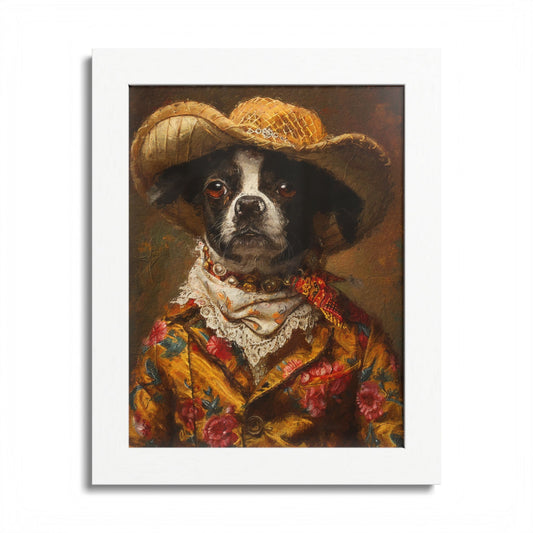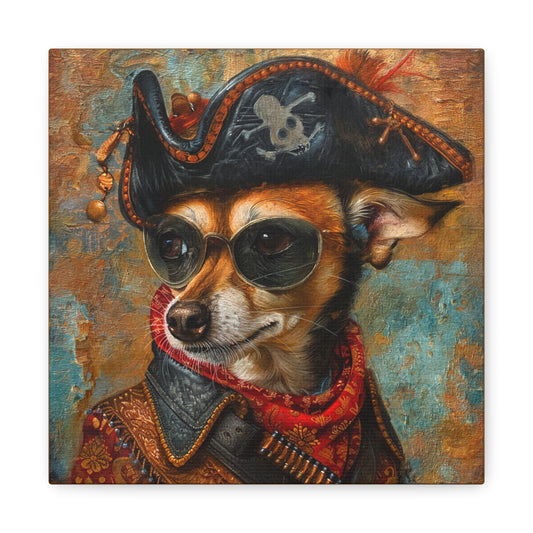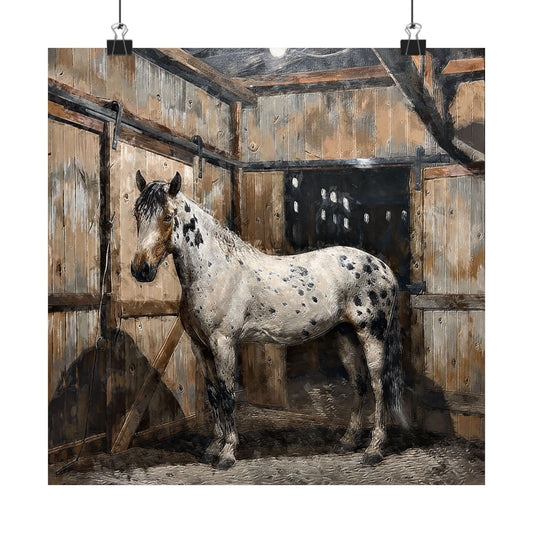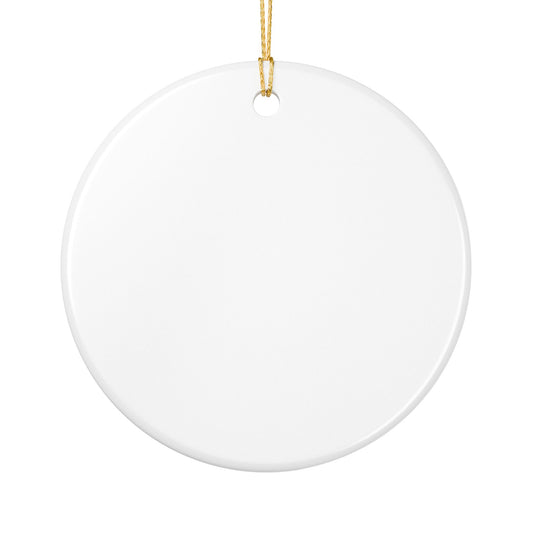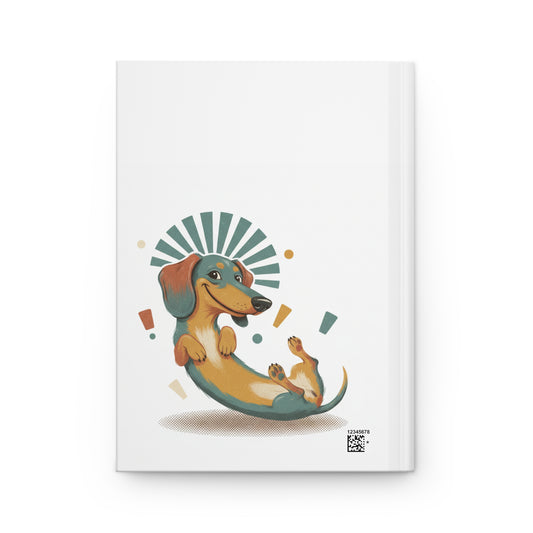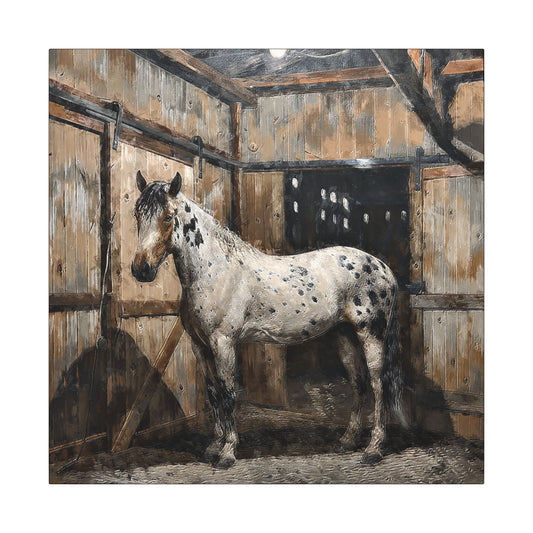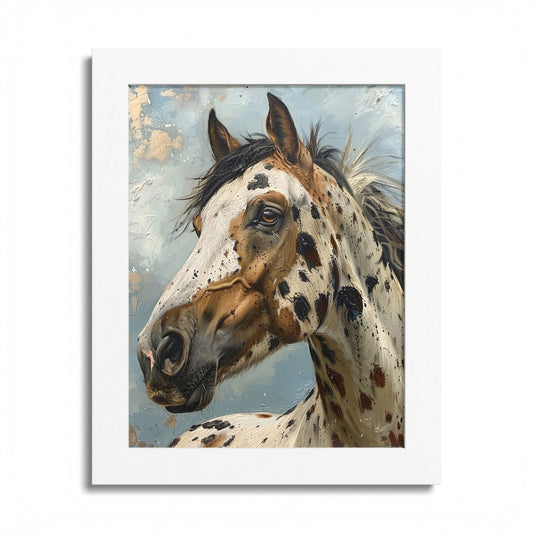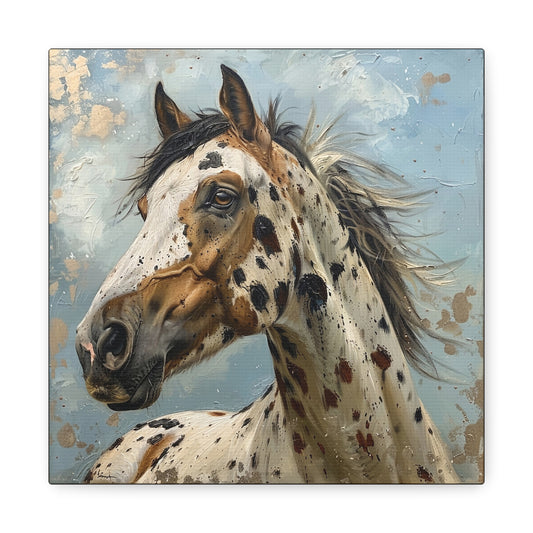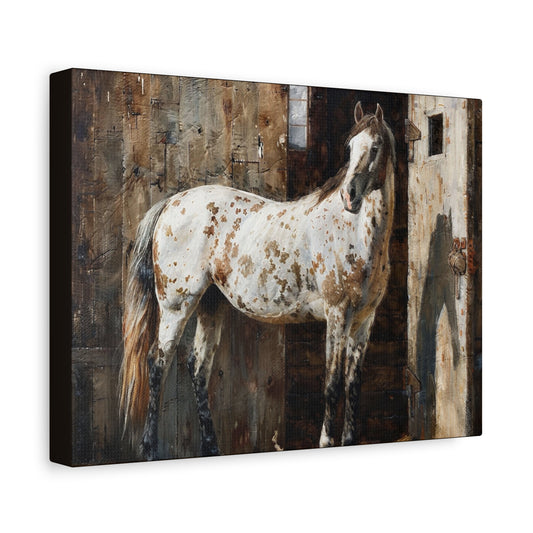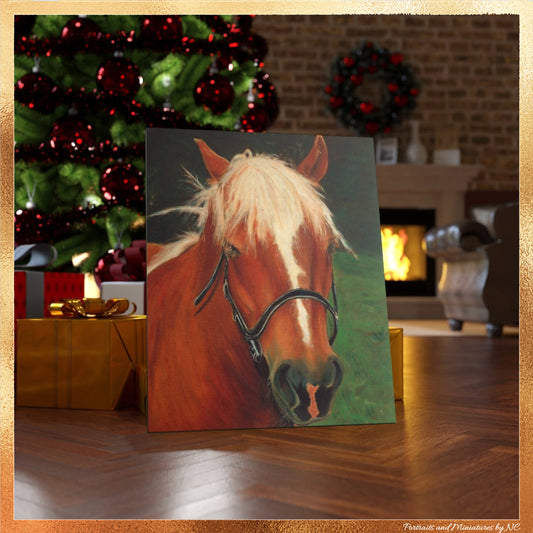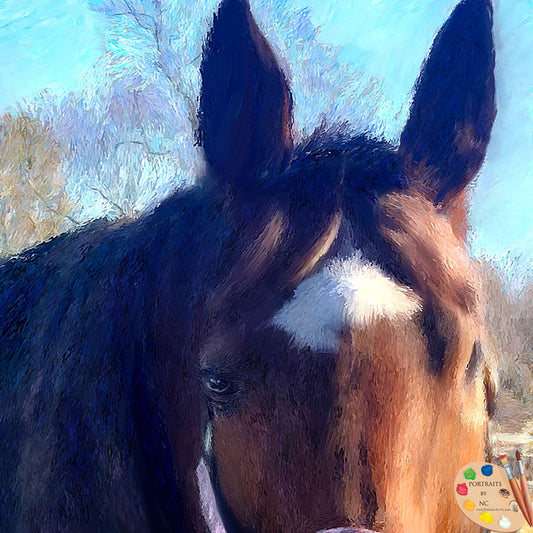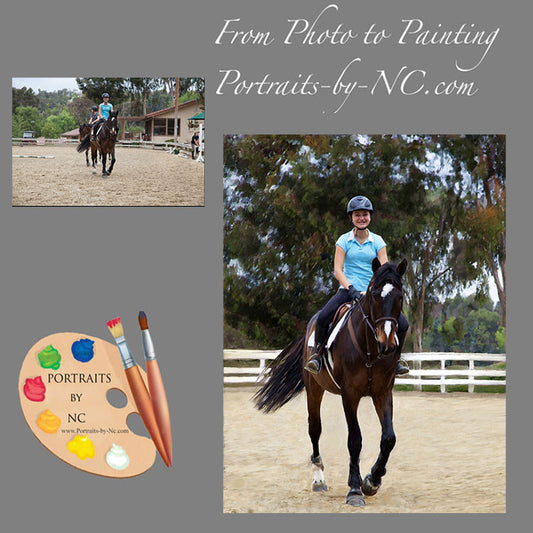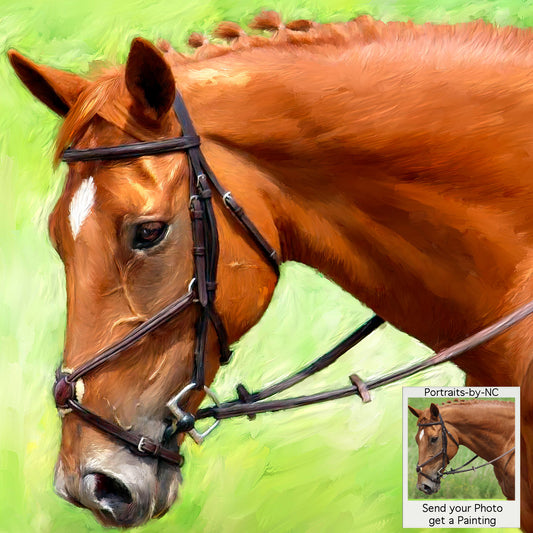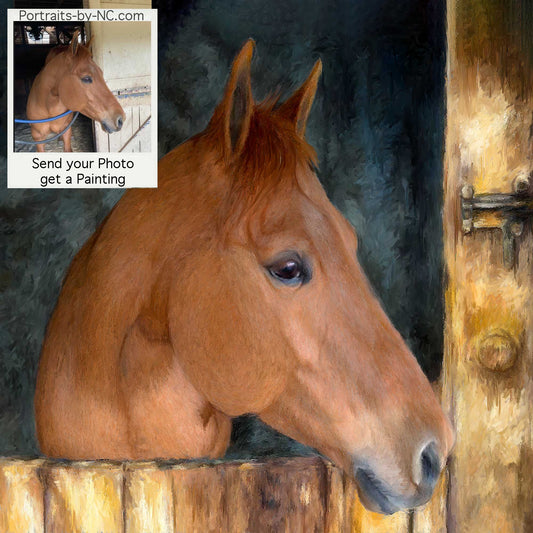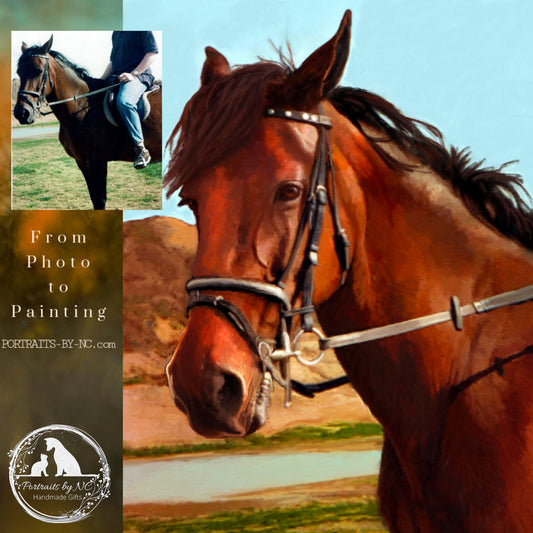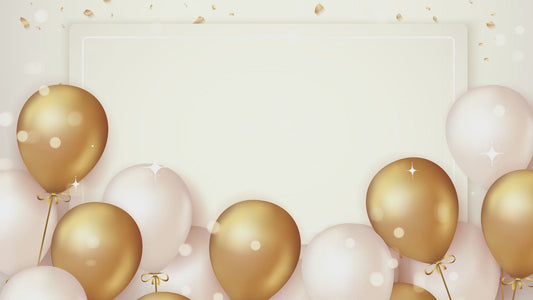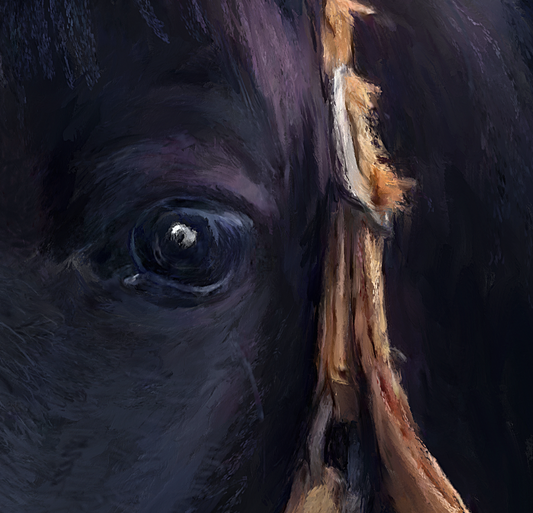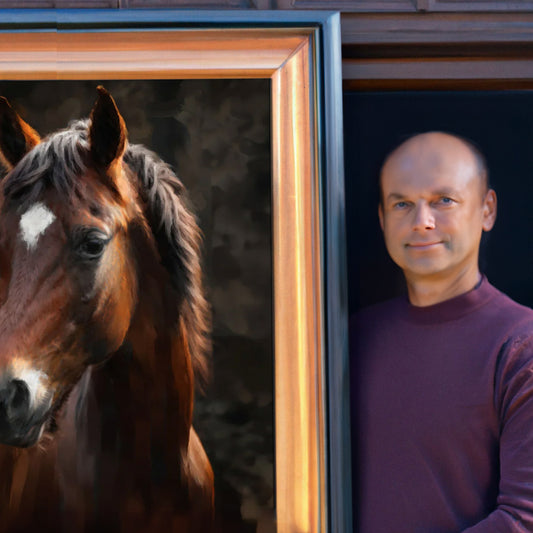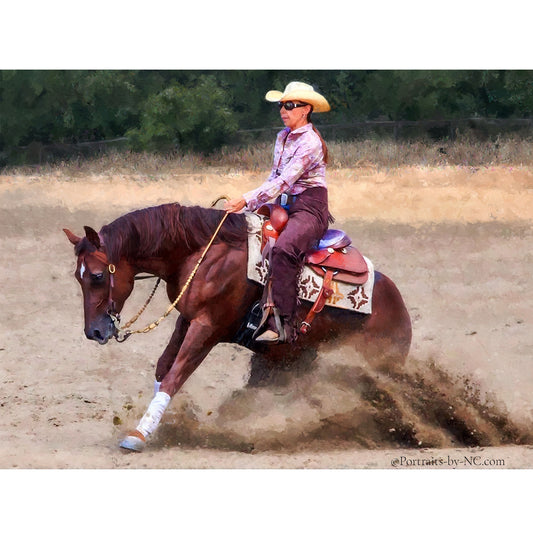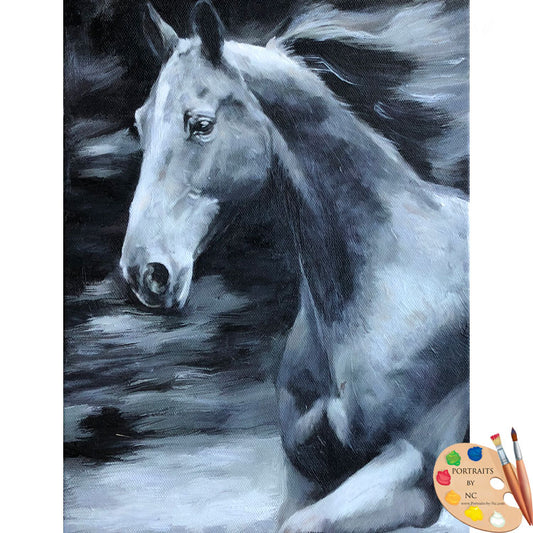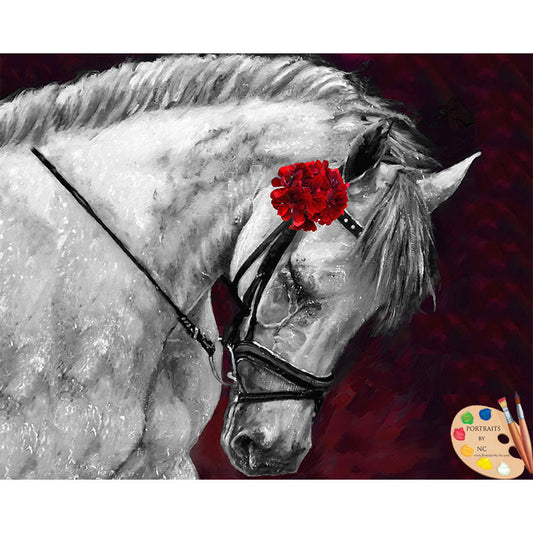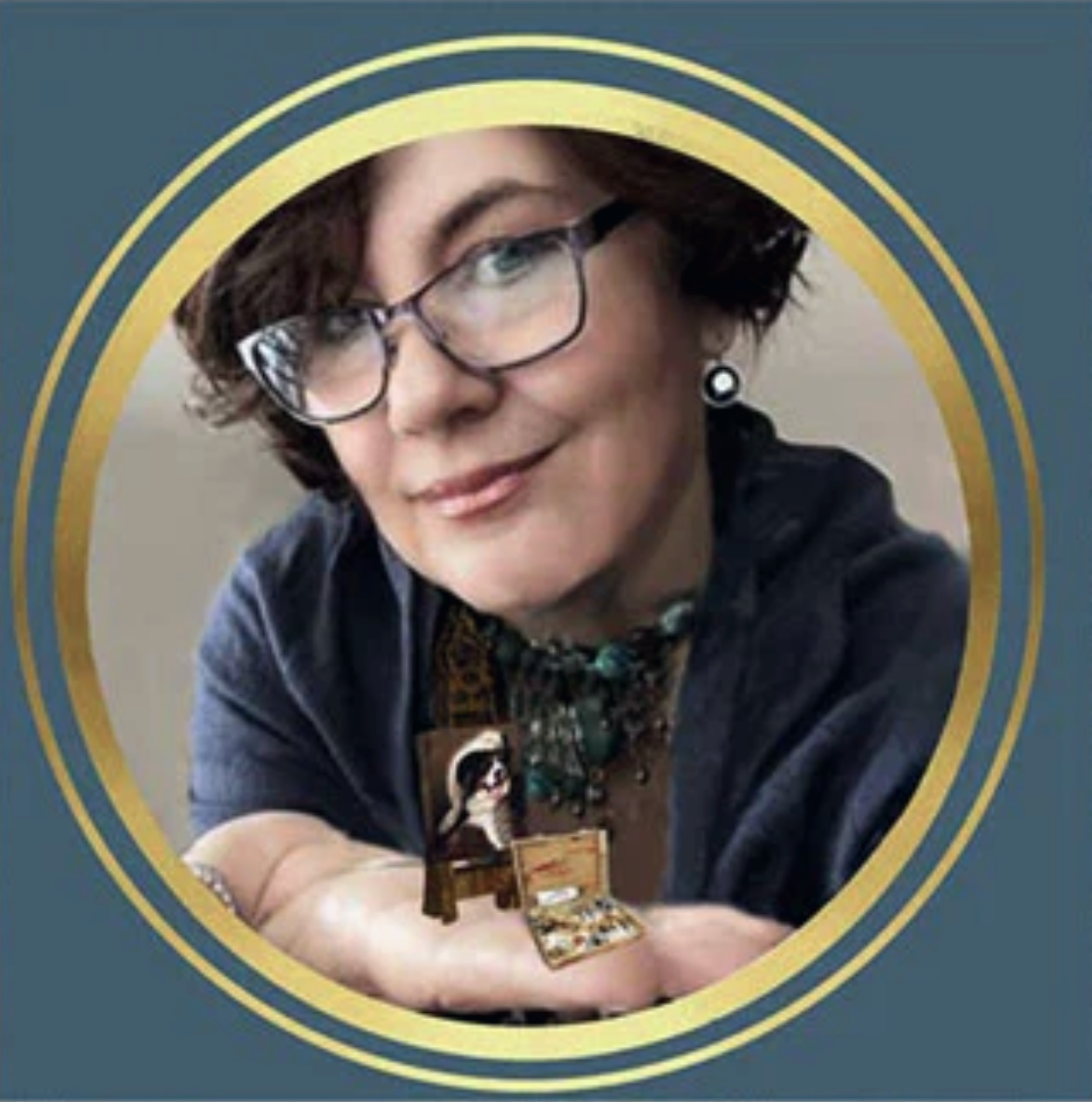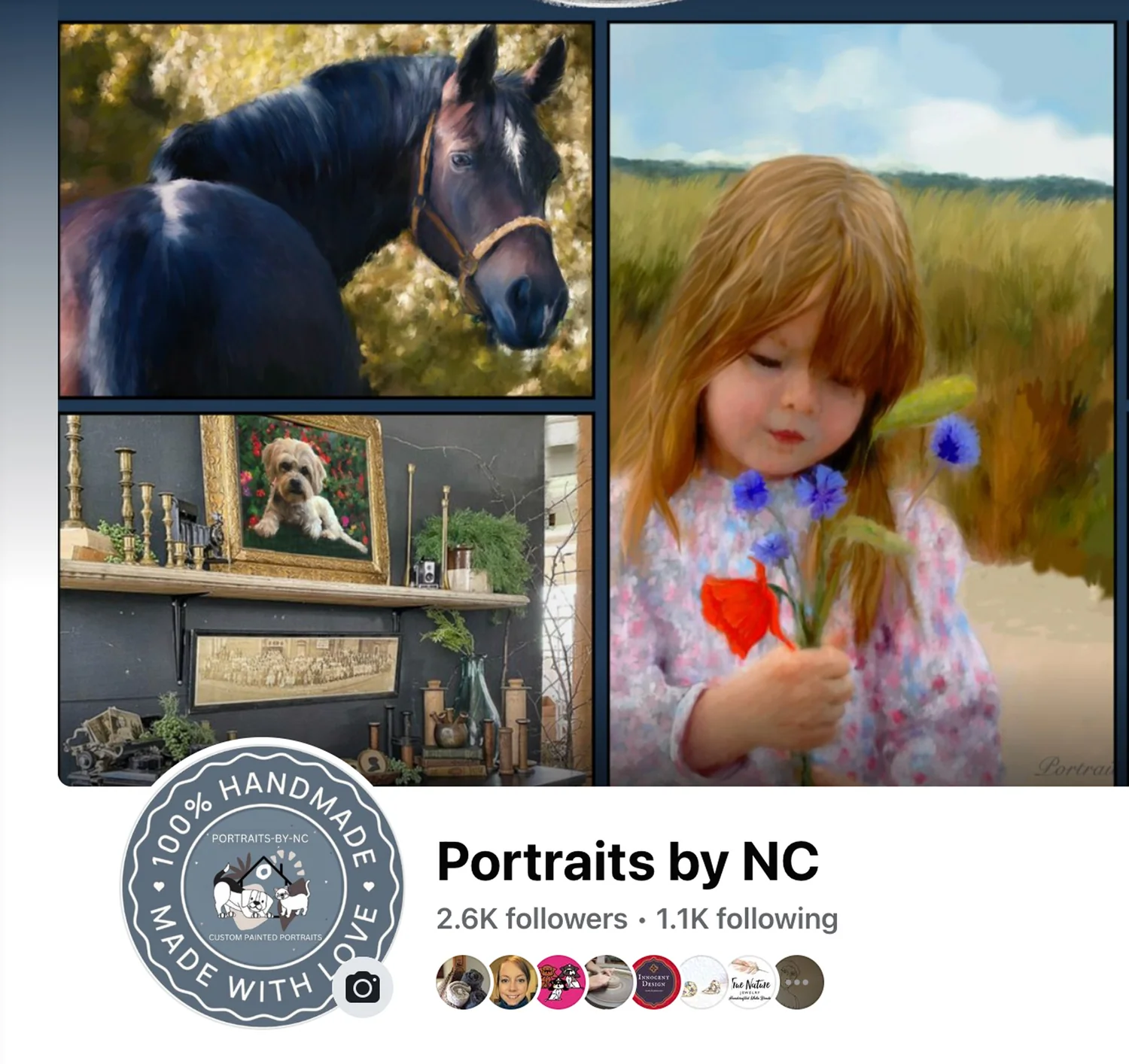Woman Self-Portraits
Share
 Anna Bilinska
Anna BilinskaThis Self-Portrait by artist Anna Bilinska is one of my favorites. Anna has taken her pose in the spot generally reserved for the model (in front of a curtain). She has traded her position of artist with that of the model, but if only for a second. She shows herself in her working attire, with a few loose strands of hair, her working apron and brushes in hand. The central position of the face and the straight forward deliberate gaze, show no timidness or hesitation. Her body posture is slanted as if she is going to get up any second and resume work. The whole painting says to me: "I am a busy woman, don't waste my time". Brilliant!
Here is a little history about woman self-portraits through history...
16th through 17th Century
 Sofonisba Anguissola
Sofonisba AnguissolaSofonisba Anguissola (1531-1626) was one six children of whom four were also painters. Sofonisba was appointed court painter to King Philip II of Spain and had a distinguished career.
 Lavina Fontana
Lavina FontanaLavinia Fontana (1552-1614: Lavinia Fontana was Italian and the daughter of the artist Prospero Fontana who was also her teacher. A painter of portraits and mythological works she was a prolific painter despite being the mother of eleven children. Her early self-portraits combine the influence of her father with the naturalism of the late Raphael and the elegance of Corregio and Parmigianino.
Source: Women, Art and Society P.93
There were other woman artists, but few self portraits remained. Women's representation in the arts is sporadic at best and finding self-portraits that date to early ages is difficult. I am going to complete this list and invite my artist friends to contribute by either leaving me a comment or sending and email to artenzie@cox.net
17th - 18th Century
 Rosalba Carriera
Rosalba CarrieraRosalba Carriera was born in Venice. She pioneered the new genre of portraits done in pastel. She began her career painting snuff boxes, but her skills as a portrait artist were so highly respected that it became a standard practise to call other women artists an English Carriera, a Dutch Carriera, a German Carriera, etc. Her portraits of noble or wealthy Europeans made her famous all over the continent. She was elected to the Academie Royale in 1720 .
 Artemesia Gentieschi
Artemesia GentieschiArtemesia Gentileschi was born in Rome. She was the daughter of the artist Orazio Gentileschi who was one of the most important followers of the Caravaggio movement. She became the first woman elected to the Academy of Design. She painted herself as the Allegory of Painting. The strength and power of her paintings, such as Judith Decapitating Holeferenes, coupled with the technical skill with which her paintings are executed established her as a major painter. By 1630, Gentileschi had established herself in Naples enjoying both the patronage of the nobility and the status of a major celebrity. Gentileschi is the first woman artist in the history of Western art whose historical significance is unquestionable.
Source: Women, Art and Society, P100
 Judith Leyster
Judith LeysterJudith Leyster (1609-1660) was born in Haarlem. She was a portrait painter but also painted scenary and still life.
18th - 19th Century
 Marie-Guillemine Benoist
Marie-Guillemine BenoistMarie-Guillemine Benoist (1768-1826) studied with Vigee-Lebrun and her earlier works show a distinct influence of her famous teacher. She later studied with the famous Jacques-Louis David and her later works reflect the Neo-Classical style. Her work is in different genres ranging from historical themes to family portraiture.Benoist was commissioned by Napolean to paint his portrait as well as portraits of his family members.
References: Women Artists: An Illustrated History by Nancy G. Heller, pp.63-64.
 Cecilia Beaux
Cecilia Beaux  Anna Bilinska
Anna BilinskaAnna Bilinska (1857-1893 was born in the Ukraine and studied in Russia, Waraw and Paris. She painted portraits, landscapes as well as seascapes.Her works were widely exhibited and in 1889 she was awarded a gold medal at the Paris Exposition Universelle.
References:
Seeing Ourselves: Women's Self-Portraits by Frances Borzello, pp.119-120.
 Beatrice Romaine Goddard 1923
Beatrice Romaine Goddard 1923References:
Women Artists: An Illustrated History by Nancy G. Heller
Seeing Ourselves: Women's Self-Portraits by Frances Borzello
Women, Art, and Sociey by Whitney Chadwick
Web Sites:
http://www.csupomona.edu/~plin/women/womenart.html>Women Artists
Femmes


































